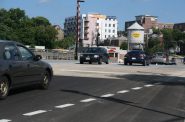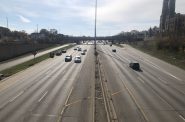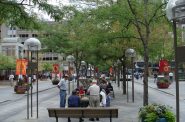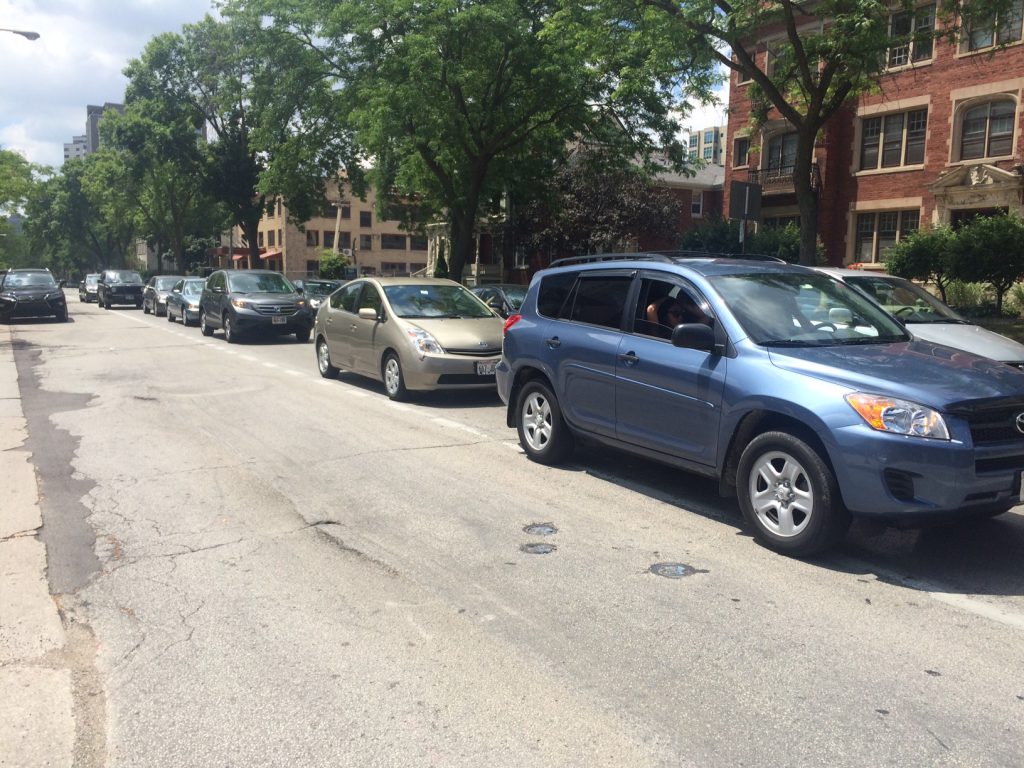100 Years of Auto Dependence
All the city news you can use.
Every day at The Overhead Wire we sort through over 1,500 news items about cities and share the best ones with our email list. At the end of the week, we take some of the most popular stories and share them with Urban Milwaukee readers. They are national (or international) links, sometimes entertaining and sometimes absurd, but hopefully useful.
How to stop wasting billions on transit projects: The Marron Institute of Urban Management at NYU has released their transit costs report which includes a number of different potential solutions for lowering construction costs on transit projects around the country. The good news is that it’s possible to reduce costs. The tough news is that it will take a bit of institutional work and getting leadership to care about the issue. (Aaron Gordon | Motherboard)
Real estate falling, but not everywhere: With high interest rates making housing more expensive to potential buyers, home prices are dropping all over the country. Places like California and Austin Texas are seeing declines, but Florida is still seeing home appreciation. None of the explanations as to why this is happening in some regions not others make complete sense; from falling markets reducing tech cash to YIMBY corrections. (Tim Lee | Slate)
Novel atlas shows global infrastructure disparities: Researchers at Iowa State took a look at infrastructure differences around the world using satellite data from 2015. One of the interesting findings researchers said was the huge difference between infrastructure development in the Global North versus the Global South. Bangladesh for example has 30 times less infrastructure than the United States. The findings provide lessons for policy makers looking for more equitable development strategies. (Iowa State University News Service)
Boulder’s heat mapping experiment: A citizen volunteer led project to map Boulder Colorado’s hottest areas supported by NOAA and the city found that cooling stations and other heat reducing solutions were needed in areas where heat was trapped by large commercial corridors with big roads, and neighborhoods with less trees and green spaces. The city will take the findings and into consideration when finalizing cooling solutions and heat impacts. (Tatiana Flowers | The Colorado Sun)
Quote of the Week
I think part of the dynamic is we have had a huge amount of federal stimulus money, then we had infrastructure, now we’ve got the [climate bill] that just passed. And I think you sort of get lost in the big numbers, and it might be difficult for people to get their arms around all of it.
–Patrick Meyers, Colorado’s chief economic recovery officer, in Politico discussing why so few voters (25%) know that the infrastructure bill even passed.
This week on the podcast, Amanda Howell at The University of Oregon’s Urbanism Next talks about sidewalk delivery robots.
Want more links to read? Visit The Overhead Wire and signup.
Urban Reads
-
How Traffic Noise Impacts Children’s Brains
 Jul 1st, 2024 by Jeff Wood
Jul 1st, 2024 by Jeff Wood
-
Number of Super Commuters is Rising
 Jun 22nd, 2024 by Jeff Wood
Jun 22nd, 2024 by Jeff Wood
-
Why Has the Walkable City Been Villainized?
 Jun 9th, 2024 by Jeff Wood
Jun 9th, 2024 by Jeff Wood






















